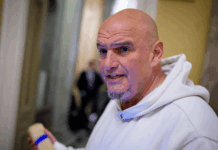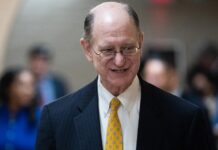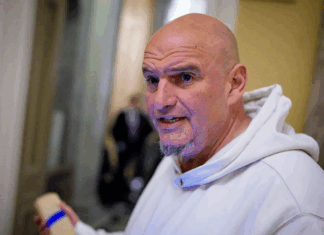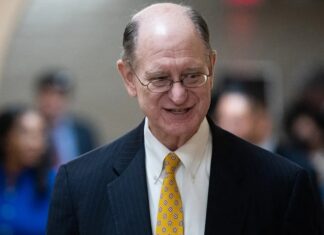Michelle Obama is back on tour — and back on the grievance circuit. This time, the former First Lady has returned to a familiar topic: her hair. In a sit-down conversation with actress Tracee Ellis Ross posted to YouTube, Obama once again framed her appearance — particularly her choice to straighten her hair — as a form of cultural oppression imposed by white America.
“Let me explain something to white people,” she began. “Our hair comes out of our head naturally in a curly pattern… we are trapped by the straightness.”
That comment — and the ones that followed — sparked swift and sharp reactions, not only from conservatives but from within the black community as well. In her attempt to highlight cultural double standards, Obama instead may have doubled down on a victimhood narrative that is increasingly being rejected by Americans of all backgrounds.
She lamented that straightening hair is why so many black women “can’t swim,” or why they “run away from the water” and avoid the gym. The argument? Maintaining straight hair — supposedly to appease “white beauty standards” — is too exhausting and expensive, and it gets in the way of living a healthy, active lifestyle.
But the backlash was swift — and not just partisan. Black women online took particular issue with her assumptions.
One popular response came from user Chanel Coco, who wrote:
“Newsflash: Black women do not straighten their hair because of white people’s beauty standards… It’s easier to manage for them. Let’s drop this narrative.”
Others called out Obama for painting black womanhood through the lens of constant burden — implying that every beauty decision is an act of submission to whiteness.
Even Riley Gaines, the former NCAA swimmer and activist, chimed in, noting what many were thinking:
“I, for one, have never once cared about Michelle Obama’s hair and what she does or doesn’t do with it.”
And that’s the core of the pushback: Most Americans aren’t obsessing over Michelle Obama’s hair — Michelle Obama is.
Of course, this isn’t new. In 2022, she claimed that during Barack Obama’s presidency, she straightened her hair because the country “wasn’t ready” for her to wear braids. More recently, she’s framed her personal beauty regimen as something she was “forced” into by the public eye — not a choice made freely by someone with a full-time styling team and one of the most powerful platforms in the world.
Now, as she promotes her latest book, The Look, which explores her “lifelong journey with fashion, hair, and beauty,” she’s once again presenting herself as a reluctant style icon — someone who didn’t ask for the attention but somehow suffers from its consequences.
“Why do we need an act — a law — to get white folks out of our hair?” she asked, referencing the CROWN Act, a piece of legislation aimed at banning hair-based discrimination.
But critics argue that no law can legislate away perceived offense, especially when the offense seems to be rooted in projection rather than policy. If you want to wear braids, wear braids. If you don’t, don’t. The majority of Americans aren’t demanding conformity — but they are tiring of the constant narrative that places blame where personal agency used to live.






